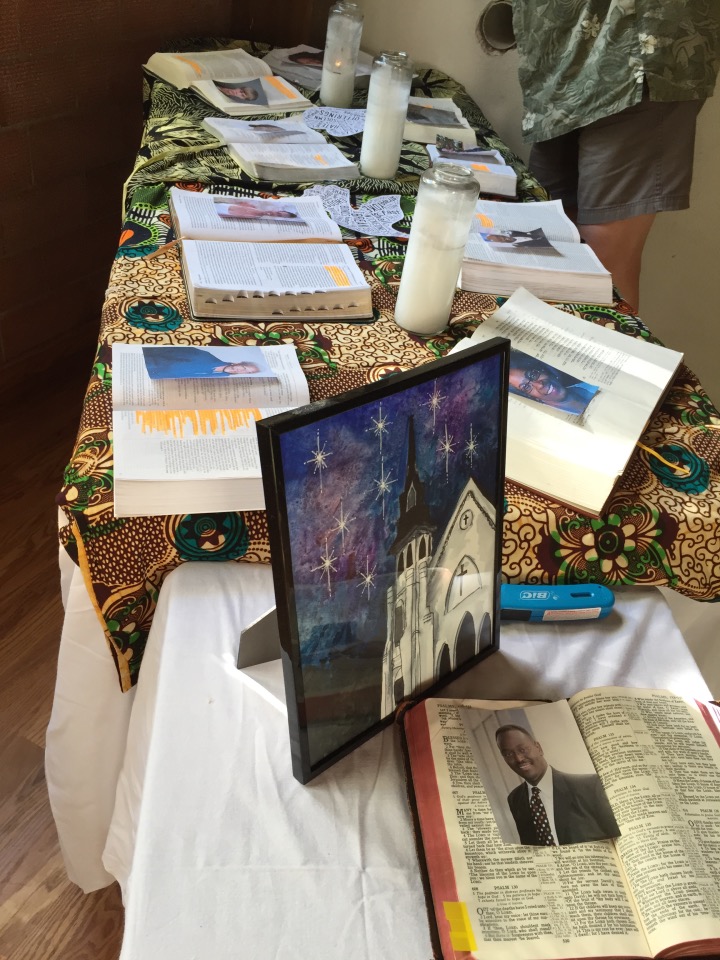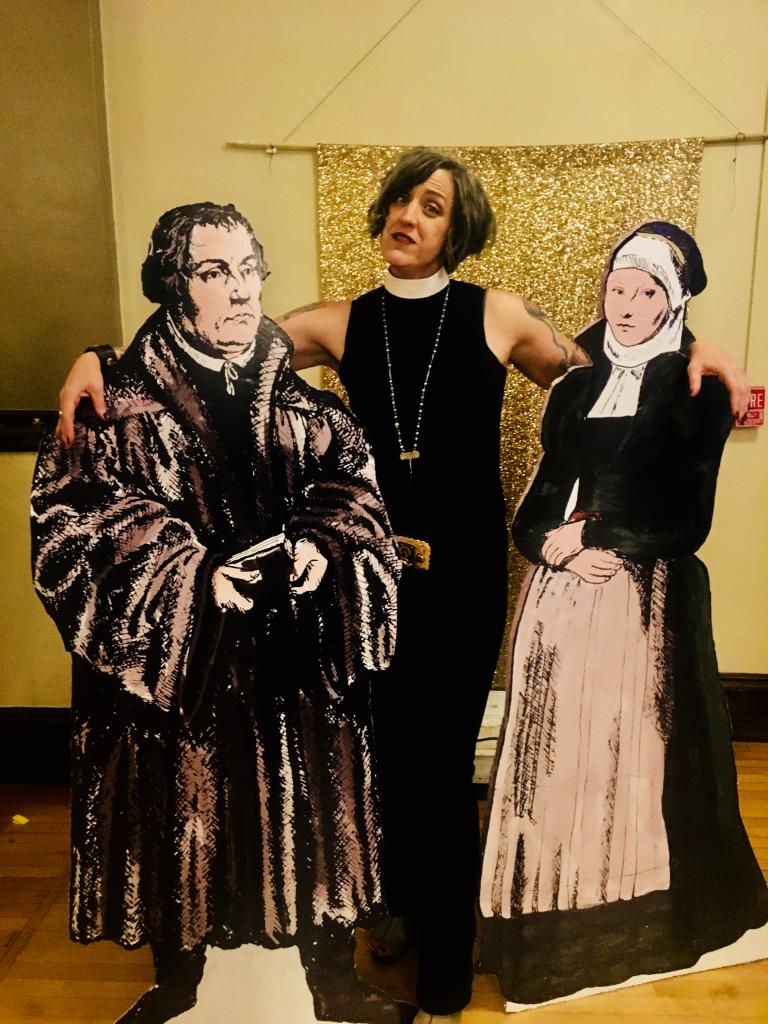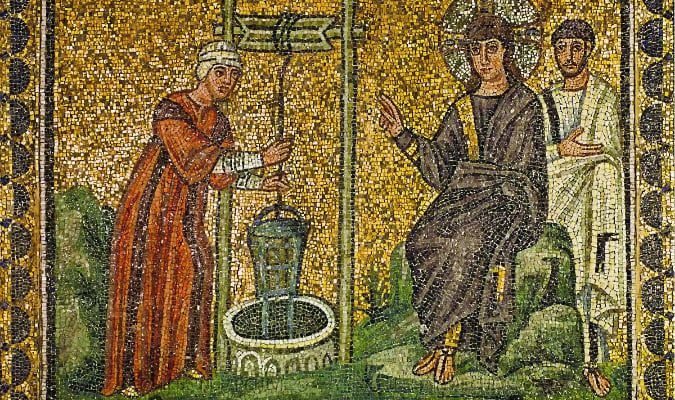
Our nation has been shaken to the bones by the shooting deaths of 9 faithful clergy and church-goers at Mother Emanuel AME last week. Many faithful Christians gathered in their communities over the last 10 days to grieve, mourn, pray and repent. To aid the communities for whom a published worship resource is helpful in this process, my denomination, the Evangelical Lutheran Church in America made available this Service of Repentance and Mourning:
http://download.elca.org/ELCA%20Resource%20Repository/Service_of_Repentance_and_Mourning.pdf
Before I go on, I would like to thank those who took the time and effort to produce this. I am grateful for the thought and heart that went into it. And I want to express my hesitation in contributing to the never-ending cycle of “calling people out” and showing why something is wrong so that everyone will know how superior I am as a theologian, thinker, liberal, feminist whatever…that is so prevalent in social media. This is a dynamic that I find particularly exhausting and prideful and so please forgive me if I seem to be doing just that. Perhaps I am. Having said that, I wanted to express my dismay at the rubric at the beginning of this resource:
Depending on the context in which this prayer is used, a word of God’s forgiveness may be added by the leader or expressed later in the service.
I take issue. I do not believe that the proclamation of forgiveness of sins is dependent on context – or that it “may” be added to such a liturgy. I believe it to be a fundamental theological reality of the Gospel, Martin Luther’s writing and the Lutheran Confessions, that one of the primary functions of the church is to proclaim forgiveness of sins…and not that we proclaim forgiveness of sins only when we aren’t devastated by our own complicity in that sin.
We are devastated. We SHOULD be devastated. And yet that is exactly why we should not be timid about God’s grace. I understand the hesitation to “jump too quickly” to forgiveness. But I think that caution comes from confusing forgiveness and exoneration. To proclaim that we are forgiven is not the same as proclaiming that we are cleared of accountability for the harm our sin has caused – just that, because of the grace of God, that sense of accountability need not come from shame and guilt. To say we are forgiveness to say that – unlike us, God is gracious and merciful and slow to anger and abounding in steadfast love and is a power much greater than us; so God can free us from sin and shame to do the work of repentance propelled than more than our own guilt. I know this is hard – but grace is offensive.
I myself need to hear again and again that I am a sinner of God’s redeeming. I need to know that there is something more powerful than sin, guilt and shame that can allow me to look to my own part in the societal forces that allows, perpetuates and rewards white supremacy. So I beg you: please don’t skip the thing that is ours to do. Where else will people receive what we ourselves are charged to proclaim?
“To be convinced in our hearts that we have forgiveness of sins and peace with God by grace alone is the hardest thing.”
― Martin Luther, Commentary on Galatians
(Post Script 6-28-15: I may have not read the same meaning into this rubric that the writers intended and my thoughts on it should not be taken as a dismissal of my denomination nor it’s worship staff for whom I have a great deal of respect)











